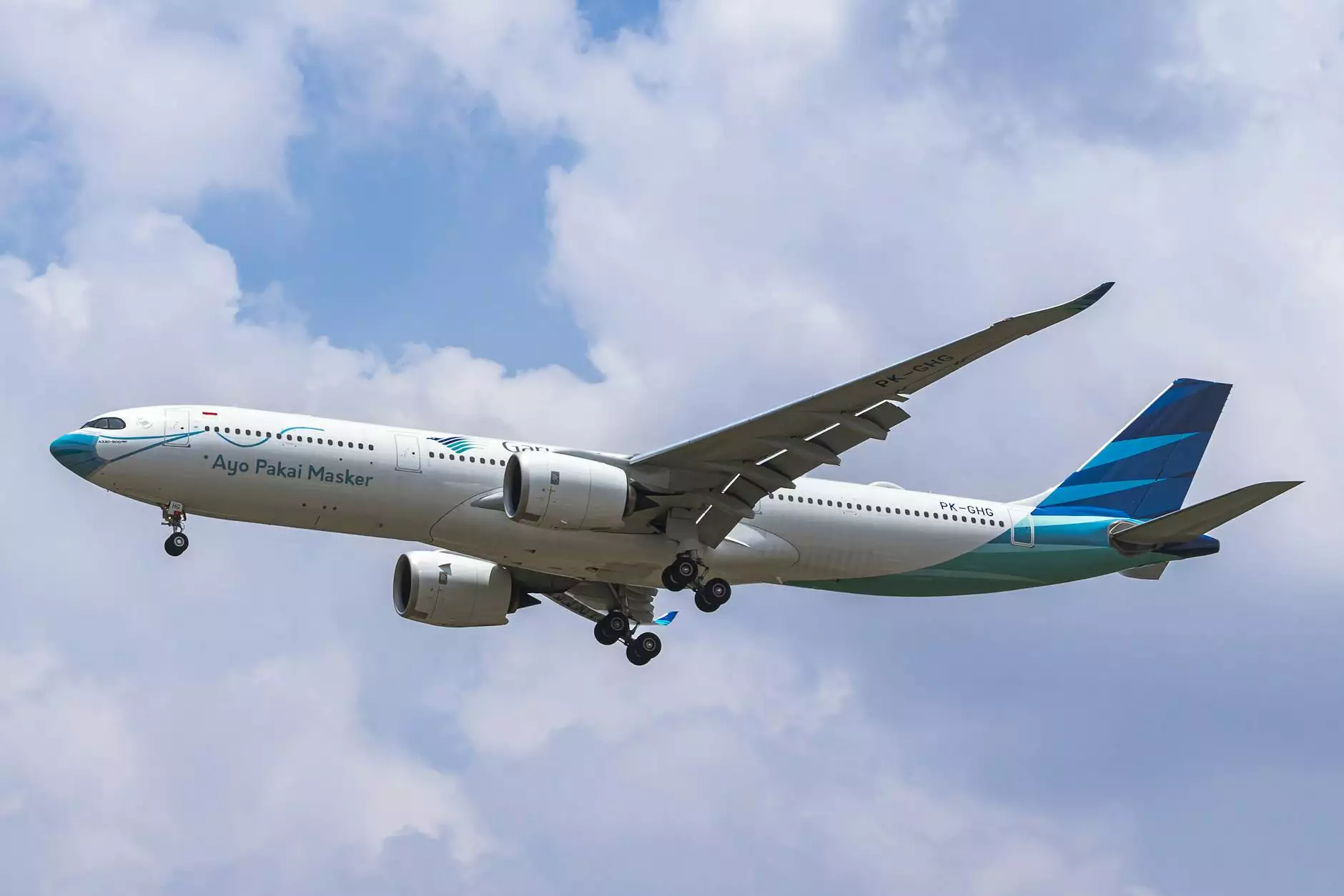Understanding Air Freight Cost Calculation: A Comprehensive Guide

What is Air Freight?
Air freight is the process of transporting goods by aircraft. It's one of the fastest methods of shipping, which is essential for businesses that require quick delivery of products. The primary advantage of air freight is its speed, making it a popular choice among companies engaged in international trade and logistics.
Importance of Air Freight Cost Calculation
Understanding the air freight cost calculation is crucial for businesses seeking efficient logistics solutions. Accurate cost calculations enable companies to:
- Optimize shipping budgets
- Enhance supply chain efficiency
- Make informed decisions about logistics partners
- Improve customer satisfaction through reliable delivery
Key Components of Air Freight Cost Calculation
The total cost of air freight is influenced by various factors. Here are the key components involved in calculating air freight costs:
- Weight: Typically measured in kilograms or pounds. Air freight rates often apply a minimum weight requirement.
- Dimensional Weight: This is calculated based on the size of the package. If the dimensional weight exceeds the actual weight, the former is used for pricing.
- Distance: The distance between the origin and destination directly impacts the shipping cost.
- Fuel Surcharge: This fluctuating fee depends on global fuel prices and can significantly affect total shipping costs.
- Security Fees: Additional costs associated with the security checks of goods before shipment.
- Handling Charges: Fees for the care and management of goods during transportation.
- Insurance Costs: Optional but recommended for high-value shipments. This protects against loss or damage in transit.
The Process of Air Freight Cost Calculation
Calculating air freight costs involves several steps:
- Determine the Weight: Weigh your package accurately and compare it with the dimensional weight to find the greater one.
- Select the Route: Identify the flight route, including layovers and final destination.
- Calculate Base Rate: Check the freight rate with the airline or freight forwarder based on weight and route.
- Add Surcharges: Include applicable fuel surcharges, handling fees, and security costs.
- Calculate Final Cost: Combine all components to determine the final air freight charge.
Strategies to Optimize Air Freight Costs
Businesses can implement several strategies to reduce air freight expenses:
- Consolidate Shipments: Pool shipments to achieve bulk rates whenever possible.
- Use Technological Solutions: Implement logistics and tracking software to help manage and optimize shipments.
- Negotiate Rates: Build strong relationships with carriers and negotiate better terms based on shipping volume.
- Review Delivery Needs: Assess whether air freight is necessary for all shipments; consider alternatives for less urgent deliveries.
- Plan Ahead: Provide accurate forecasts of shipping needs to avoid last-minute rates that can be higher.
Common Myths About Air Freight Costs
There are many misconceptions surrounding air freight costs. Clarifying these myths can help businesses make more informed decisions:
- Myth 1: Air freight is always more expensive than sea freight.
Fact: While air freight rates are typically higher per kilogram, the speed and reliability often justify the costs, especially for time-sensitive goods.
- Myth 2: All carriers charge the same rates.
Fact: Air freight rates can vary significantly among carriers based on service quality, route, and fuel surcharges.
- Myth 3: Only large shipments are economical to ship by air.
Fact: Smaller shipments can also benefit from air freight, especially when factoring in time constraints and potential sales opportunities.
The Future of Air Freight Cost Calculation
With advancements in technology and the increasing demand for quick delivery, the air freight industry is evolving. Here are some trends influencing air freight cost calculation:
- Blockchain Technology: Enhances transparency and eliminates paperwork, leading to reduced costs.
- Big Data: Analyzing data patterns will help future projections and refine cost calculations.
- Environmental Considerations: Growing demand for sustainable practices may lead to new pricing models that reflect ecological impacts.
- Automation: Robotics and AI in logistics can streamline operations, potentially lowering costs.
Conclusion
Effective air freight cost calculation is essential for businesses that rely on quick shipping solutions. By understanding the components that contribute to costs, companies can make better logistics decisions, enhance operational efficiency, and improve customer satisfaction. As the industry evolves, staying informed about best practices and emerging trends will ensure your business remains competitive in the global market.
Learn More About Air Freight at CargoBooking.aero
For more detailed insights into air freight logistics, visit CargoBooking.aero. Our platform offers extensive resources and connections with reputable carriers, enabling your business to optimize shipping strategies effectively.









